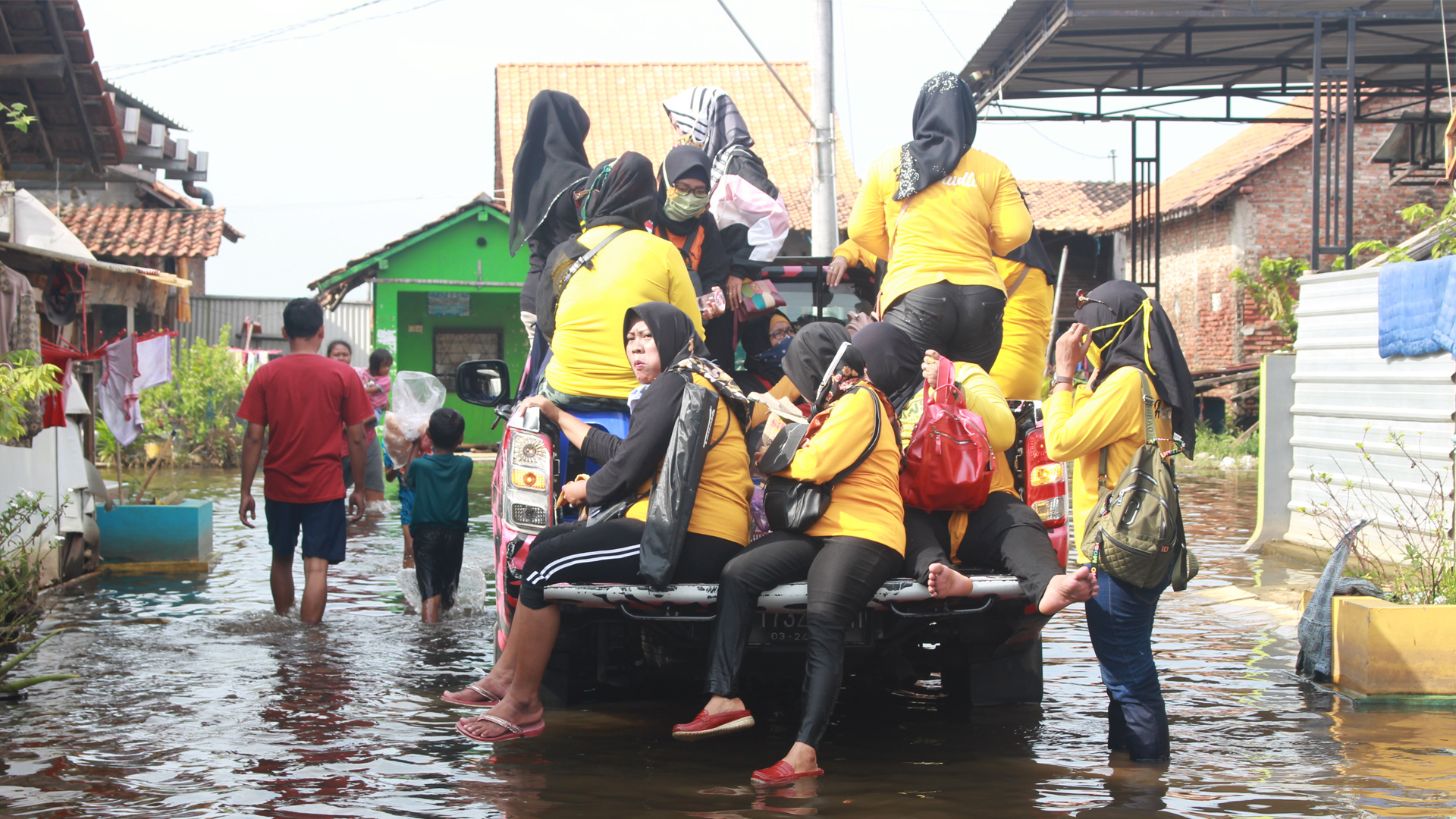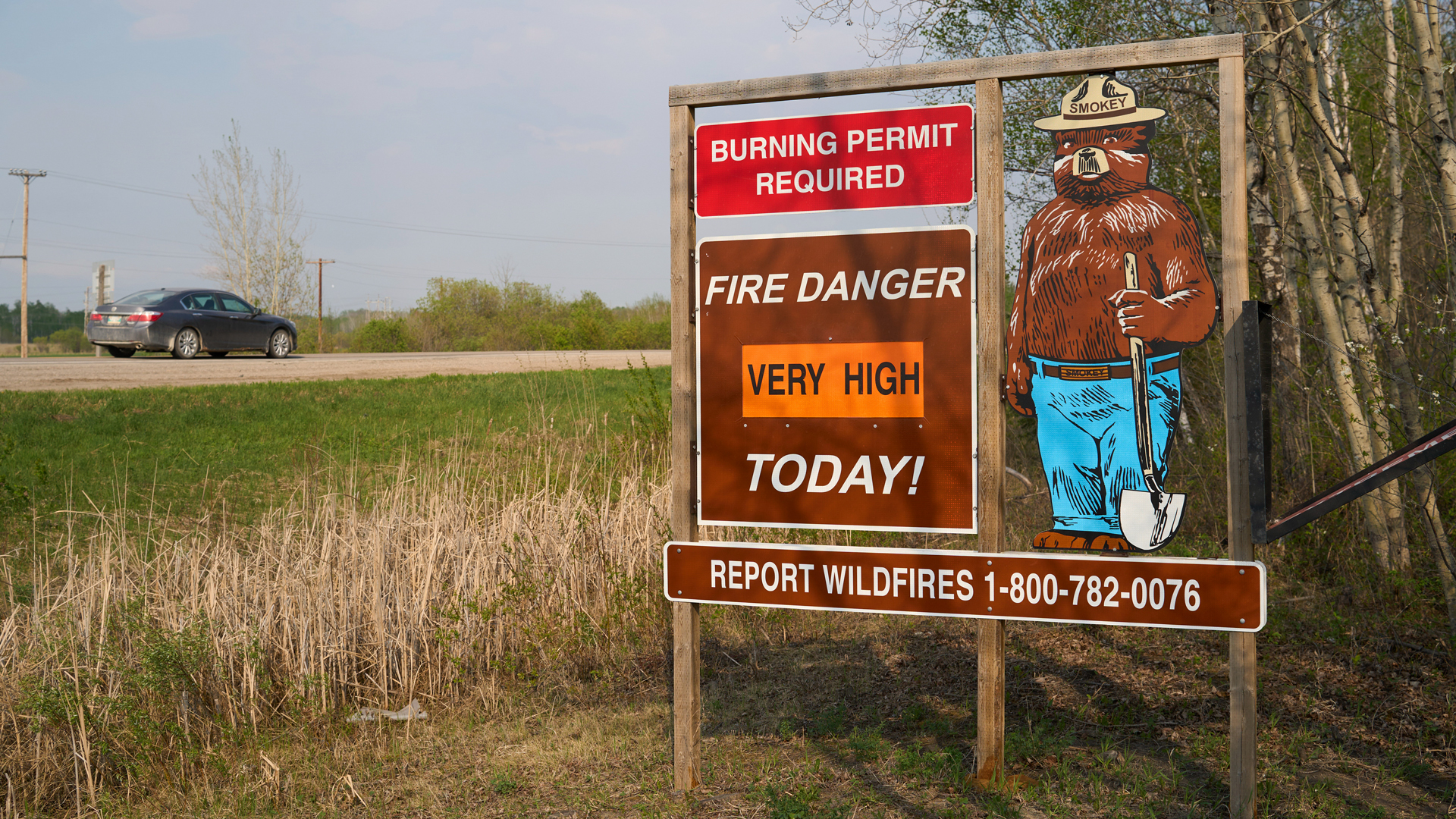
With unprecedented heatwaves and wildfires, reminders of the profound disruptions brought about by climate change are all around us. With fires ravaging parts of Canada from British Columbia to Ontario, it is well past time to get serious and proactive about addressing the causes and impacts of climate change, including the implications it has for migration.
Natural disasters already cause displacement on a massive scale, and climate change is accelerating this trend. Over the past decade, weather-related events displaced an average of 23.1 million people per year. The World Bank projects that climate change could internally displace more than 140 million people per year by 2050 – more than one out of every 50 people living on Earth. Many of the displaced will inevitably cross international borders to find safety from life-threatening situations. Canada’s obligations under international law demand a thoughtful and proactive response. Now is the time for the government to create mechanisms for both permanent and temporary residence for those displaced by climate change.
Such a response aligns with an emerging consensus supported by international law as well as a recent decision of the United Nations Human Rights Committee and initiatives under way in the United States. For example, the watershed 2020 UN Human Rights Committee (UNHRC) decision in Ioane Teitiota v. New Zealand, concerning the protection claims of a citizen of the island nation of Kiribati, highlighted the fact that climate change already causes international displacement, and that environmental disasters or degradation can trigger a host state’s obligation of forbidding the return of asylum seekers to a country where they would be in likely danger, otherwise known as the non-refoulement principle. UNHCR Canada has referred to the Teitiota decision as a “wake-up call” for Canada.
Meanwhile, the United States has already begun taking action on the issue. In February 2021, President Joe Biden issued an executive order aimed at resettling refugees and planning for climate change. Among other things, Biden asked his national security advisor to present options within six months for protection and resettlement of individuals displaced directly or indirectly by climate change.
Meanwhile, in the U.S. Congress, proposed legislation would create a new “climate-displaced person” status. These developments indicate a growing international consensus concerning climate migration and the need for Canada to develop responsive law and policy.
Canada is a signatory to the 2018 Global Compact for Safe, Orderly and Regular Migration, the first-ever UN global agreement on a common approach to international migration. The global compact comprises 23 objectives for better managing migration at the local, national, regional and global level. One of the objectives urges member states to “minimize the adverse drivers and structural factors that compel people to leave their country of origin.”
The global compact also asks member states to develop coherent approaches to addressing the challenges of migration movements in the context of sudden-onset and slow-onset natural disasters, adverse effects of climate change and environmental degradation. This includes addressing the vulnerabilities of persons affected by sudden-onset and slow-onset natural disasters by ensuring they have access to humanitarian assistance that meets their essential needs.
Canada has multiple policy options it can utilize immediately to begin to meet this looming challenge while maintaining its international human rights commitments. Under the terms of the Immigration and Refugee Protection Act, the immigration minister has the ability to give permanent residence status based on public policy considerations. In fact, this has been done in cases of natural disasters or major aviation accidents, such as for foreign national family members of victims of Ukrainian International Airlines Flight PS752 in 2020. A public policy class should now be created for climate migrants.
A second approach would be to create a new public policy category for resettlement through private sponsorship. Currently, regulations allow for someone to seek protection when they are a member of the “country of asylum class” and when “they are outside all of their countries of nationality and habitual residence” and “they have been, and continue to be, seriously and personally affected by civil war, armed conflict or massive violation of human rights in each of those countries.” Canada has the option of expanding this category to include a class that provides this status to climate migrants.
Other non-legislative responses could take shape under revised humanitarian and compassionate guidelines, the issuance of temporary resident permits for climate migrants and ministerial instructions to consider climate-related conditions prior to removal.
Any of these solutions could be tested as temporary pilot programs with the potential for permanent implementation. Pilot programs are typically implemented by ministerial instructions, after a cabinet process. Canada currently has 49 pilot programs that give the department time to test a new idea, potentially prior to legislative implementation.
Considering the large scale and urgency of the impending wave of forced displacement that will result from climate change, Canada must develop a thoughtful and proactive response to meet the challenge and fulfil its obligations under international law.
It is not a question of if persons displaced by climate change will arrive in Canada, because they are already here. The question is how many people will arrive and whether we will treat them with compassion and in ways consistent with our international obligations. It is in the best interests of the migrants and all Canadians that we be well-prepared.











